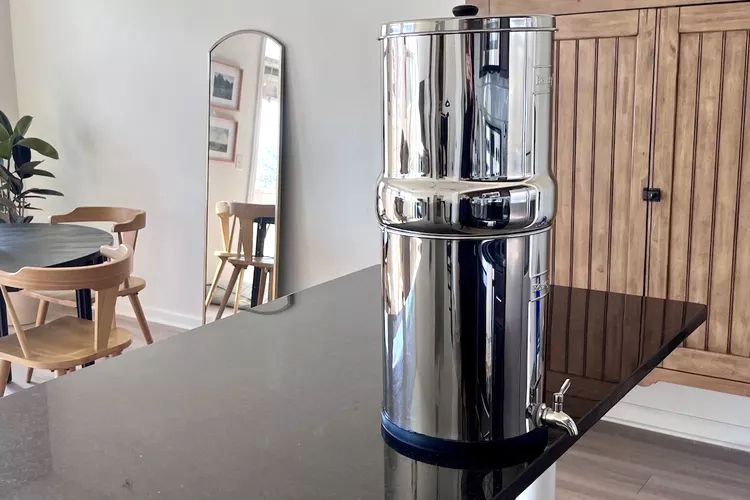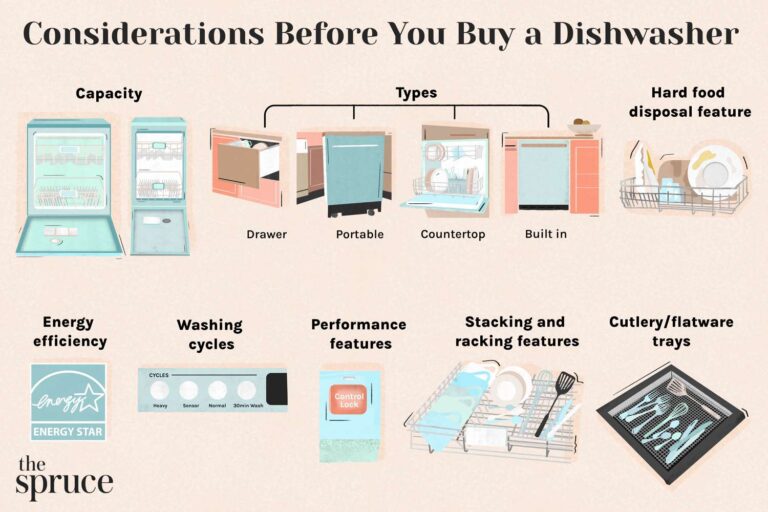How to Save Electricity Using Modern Appliances: Energy-Efficient Solutions for Your Home
In today’s world, reducing energy consumption has become more important than ever. With rising electricity bills and increased environmental awareness, finding ways to save electricity is essential. Modern appliances are designed to be more energy-efficient than their older counterparts, but many homeowners are unaware of the simple steps they can take to optimize their energy use. This article explores practical strategies for saving electricity using modern appliances, helping you lower your utility bills while reducing your environmental footprint.
Embrace Energy-Efficient Appliances: The First Step to Saving Power
The most effective way to start saving electricity is by upgrading to energy-efficient appliances. These appliances are designed to consume less electricity while delivering the same level of performance as their non-efficient counterparts. Look for appliances that carry the Energy Star label, a symbol that guarantees the appliance meets specific energy efficiency standards set by government organizations.
For example, modern refrigerators, washing machines, and dishwashers are now built with features like optimized compressors, improved insulation, and efficient motors that significantly reduce power consumption. While energy-efficient appliances may come at a higher upfront cost, their long-term savings on your electricity bills can make them a worthwhile investment.
Smart Thermostats: Automatic Efficiency for Your HVAC System
Your heating and cooling systems are some of the largest energy consumers in your home. Fortunately, modern smart thermostats can help reduce their energy usage. These devices learn your schedule and adjust the temperature automatically, ensuring that your home isn’t being heated or cooled when no one is there. By using smart thermostats, you can avoid the costly mistake of heating or cooling an empty house.
Additionally, smart thermostats allow you to control the temperature remotely using your smartphone, making it easier to optimize your home’s energy use even when you’re not home. Over time, this can lead to significant savings, especially if you set your thermostat to a lower temperature in the winter and a higher one in the summer when you’re away or asleep.
Energy-Saving Features in Modern Kitchen Appliances
Modern kitchen appliances are often equipped with energy-saving features that help cut down on electricity use without sacrificing performance. For instance, induction cooktops are highly energy-efficient because they directly heat the cookware, unlike traditional electric stoves that use radiant heat. This direct heating method not only cooks food faster but also reduces energy waste.
Similarly, microwave ovens use less energy than conventional ovens because they heat food more quickly and do not require preheating. When using your microwave, consider cooking smaller portions or reheating food rather than using a conventional oven for efficiency.
Dishwashers, too, come with advanced energy-saving modes that use less water and heat, reducing the overall energy required for each cycle. If you use the dishwasher efficiently by running it only when full and using the energy-saving settings you can further cut down your electricity usage.
Lighting: Switching to LED Bulbs for Long-Term Savings
Switching from traditional incandescent bulbs to LED lighting is one of the simplest and most effective ways to save electricity. LED bulbs use a fraction of the energy of incandescent bulbs while providing the same or better lighting quality. In fact, they use up to 75% less energy and last up to 25 times longer, making them an excellent long-term investment for both your energy bills and the environment.
In addition to switching to LED bulbs, consider installing motion-sensing lights or smart lighting systems that allow you to control lighting based on occupancy and time of day. These systems can ensure that lights are only on when needed, reducing unnecessary electricity consumption.
Proper Maintenance: Keeping Your Appliances in Top Condition
Even the most energy-efficient appliances can waste electricity if they are not properly maintained. Regular maintenance ensures that your appliances are running at optimal efficiency, preventing energy waste and extending their lifespan. Here are some maintenance tips to help you save electricity:
- Clean filters and vents: Regularly clean the filters in your HVAC systems, refrigerators, and dishwashers. Clogged filters force these appliances to work harder, using more energy.
- Defrost refrigerators and freezers: Ice buildup in your refrigerator or freezer can reduce efficiency, causing the appliance to consume more power to maintain the desired temperature. Make sure to defrost periodically.
- Seal doors and windows: Ensure that your home is properly sealed to prevent warm or cool air from escaping. Drafty windows or poorly sealed doors can make your HVAC system work overtime.
- Check appliance settings: For appliances like washing machines and dryers, check the settings to ensure you’re not using more energy than necessary. Use the “eco” or energy-efficient settings whenever possible.
FAQs
Q1: How can I tell if my appliance is energy-efficient?
Look for the Energy Star label, which indicates that the appliance meets specific energy-saving criteria. Additionally, check the appliance’s energy usage information, which should be available on the product’s label or manual.
Q2: Can smart thermostats really reduce my electricity bill?
Yes, smart thermostats can significantly reduce your electricity bill by optimizing your heating and cooling based on your schedule, preventing energy waste when you’re not home, and offering features like remote control and energy reports.
Q3: Is using an electric stove more energy-efficient than a gas stove?
It depends on the model. Induction cooktops, which use electromagnetic technology, are generally more energy-efficient than traditional electric and gas stoves because they heat the cookware directly, reducing energy loss.
Q4: What’s the best way to save electricity when using my dishwasher?
Run your dishwasher only when it’s full, use the energy-saving or eco-friendly settings, and skip the drying cycle by allowing dishes to air dry instead. These simple actions can reduce electricity usage significantly.
Q5: How long do LED bulbs last, and do they really save energy?
LED bulbs last much longer than incandescent bulbs up to 25 times longer and use up to 75% less energy, making them one of the best ways to reduce electricity consumption in your home.


